Coping with High-Functioning Anxiety: Strategies for Finding Balance
When most people think of anxiety, they imagine someone visibly struggling — difficulty leaving the house, panic attacks, or constant worry. But anxiety doesn’t always look like that.
For many, anxiety hides behind success, achievement, and an ability to “push through.” This is known as high-functioning anxiety, and while it may not stop you from meeting deadlines or caring for loved ones, it can still take a toll on your well-being.
At Moonrise Therapy & Wellness, we work with many clients who live with high-functioning anxiety. They are often leaders, caretakers, high achievers, and deeply exhausted. If this sounds familiar, you’re not alone.
What Is High-Functioning Anxiety?
High-functioning anxiety isn’t a formal diagnosis in the DSM-5, but it describes a common experience: feeling persistent anxiety while still maintaining a high level of external performance. People with high-functioning anxiety may appear calm and capable on the outside while dealing with constant overthinking, self-doubt, or physical tension on the inside.
Common signs can include:
Overcommitting and over-preparing to avoid making mistakes
Difficulty relaxing, even during downtime
Trouble sleeping due to racing thoughts
A constant need for reassurance or validation
Perfectionism and fear of disappointing others
Physical symptoms such as muscle tension, headaches, or stomach discomfort
Why High-Functioning Anxiety Can Be Overlooked
Because people with high-functioning anxiety are often meeting or exceeding expectations, friends, colleagues, and even loved ones may not realize anything is wrong. You might hear, “But you’re doing so well!” which can make it harder to open up about how you’re feeling.
Over time, though, the pressure to perform while silently managing anxiety can lead to burnout, strained relationships, or physical health issues.
Coping Strategies That Can Help
While anxiety can feel overwhelming, there are tools and approaches that can help you find relief and balance.
1. Acknowledge and Name Your Anxiety
Recognizing that you’re experiencing anxiety — even if you’re functioning well — is the first step. Naming what’s happening removes some of its power and helps you take action.
2. Set Boundaries Without Guilt
High-functioning anxiety often leads to overcommitment. Practice saying “no” to additional responsibilities, even if you could fit them in. Protecting your time and energy is not selfish — it’s essential.
3. Create Daily Moments of Calm
Incorporate short, grounding activities into your day: a five-minute breathing exercise, a brief walk, or a quiet cup of tea without multitasking. Small pauses can help regulate your nervous system.
4. Challenge Perfectionism
Remind yourself that “good enough” can truly be enough. Try setting time limits for tasks or using affirmations like, “My worth is not defined by flawless performance.”
5. Seek Professional Support
Therapy can provide tools to manage anxious thoughts, address the root causes of perfectionism, and develop healthier coping strategies. You don’t have to carry the pressure alone.
Moving Toward a Healthier Balance
High-functioning anxiety doesn’t have to define your life. With awareness, boundaries, and support, it’s possible to meet your goals while also protecting your well-being.
If you recognize yourself in this description, reaching out for help is not a sign of weakness — it’s a step toward living more fully and peacefully.
At Moonrise Therapy & Wellness, our therapists specialize in helping clients navigate anxiety, perfectionism, and burnout. We offer a supportive, judgment-free space to explore your experiences and build practical skills for lasting change.
📞 Contact us today to schedule a consultation and take the first step toward a calmer, more balanced life.
